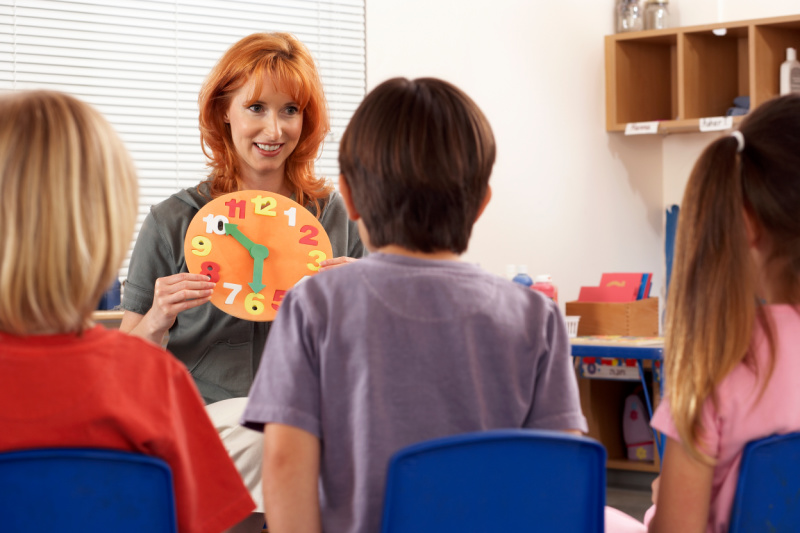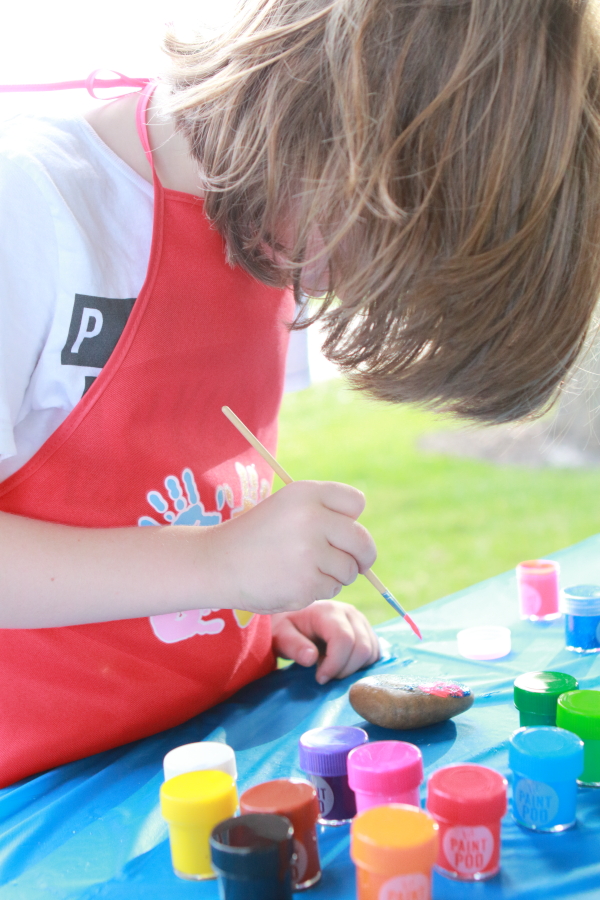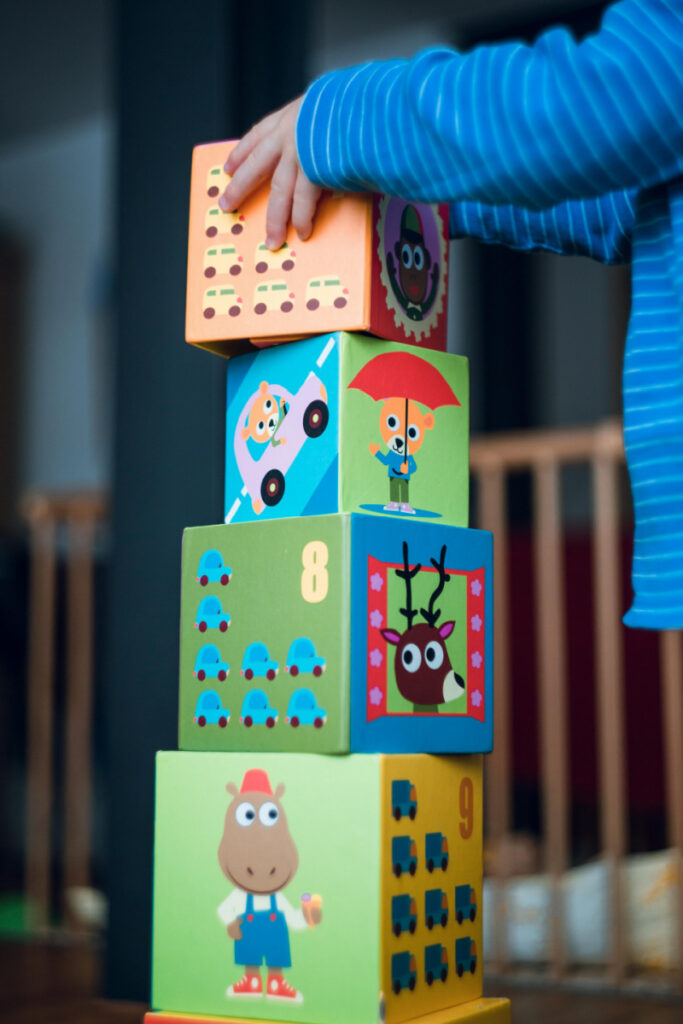When it comes to giving your child a strong start in life, helping them build the right skills is one of the best investments you can make. These abilities—emotional, social, and practical—shape how they handle challenges, connect with others, and grow into capable, confident adults.
Emotional Intelligence
Once overlooked, emotional intelligence is now recognized as one of the most important skills a child can develop. Kids who can identify and manage their own emotions—and empathize with others—are better equipped to handle conflict, make friends, and solve problems.
Encourage your child to name their emotions, talk about how they feel, and practice empathy at home. Regular conversations about feelings help them grow into thoughtful, emotionally aware individuals.
Communication Skills
Communication isn’t just about speaking clearly—it’s also about active listening, expressing ideas respectfully, and understanding nonverbal cues. Reading aloud together, asking open-ended questions, and modeling good listening behaviors all strengthen your child’s ability to communicate.
Strong communication skills will help your child navigate school, friendships, and future careers with confidence and ease.
Telling Time
Some practical skills may seem small, but they’re essential for independence—and telling time is one of them. Understanding how to read a clock helps kids develop responsibility and structure in their daily routines.
Start early by pointing out times during the day (“It’s 7:30—time for breakfast!”) or using fun teaching clocks. You can also check out How to Tell Time: Helping Your Child Learn to Read a Clock | Begin.
Critical Thinking
In today’s information-packed world, critical thinking helps kids make sense of it all. This skill teaches them to analyze, question, and evaluate ideas—rather than simply memorize facts.
You can encourage this by asking “why” and “what if” questions, solving puzzles together, or discussing the meaning behind a story. Over time, these habits help your child think independently and make informed choices.
Creativity & Imagination
Creativity isn’t only about art—it’s about problem-solving, curiosity, and innovation. When children imagine new ideas, they learn flexibility and confidence in their ability to create and adapt.
Give your child unstructured playtime, provide art supplies, or encourage them to build and invent. The more space they have to experiment, the more their creativity and imagination will thrive.
Check out : Easy DIY Crafts for Kids to Build Creativity
Resilience
Resilience helps kids bounce back from mistakes and face challenges with courage. It’s the foundation for perseverance and emotional strength later in life.
Teach resilience by focusing on effort rather than perfection. Celebrate progress, talk about learning from setbacks, and show that mistakes are a natural part of growing.
Final Thoughts
By nurturing these six core skills—emotional intelligence, communication, time awareness, critical thinking, creativity, and resilience—you’re giving your child the tools to thrive. Small, consistent efforts now will lead to big rewards as they grow into confident, capable young adults.










